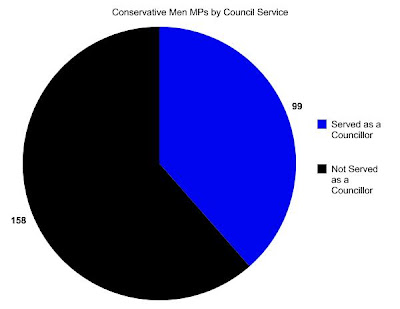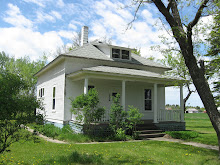[Bristol, North Devon, Plymouth, Taunton Dene, Tewkesbury]
Conservatives Hold 73 Gain 23 Lose 5
Labour Hold 10 Gain 6 Lose 0
LibDem Hold 25 Gain 0 Lose 27
Ind Hold 7 Gain 2 Lose 0
Green Hold 0 Gain 1 Lose 0
Too close to call: 5 seats
South
[Bournemouth, Poole, Southampton, Winchester, Worthing]
Conservatives Hold 85 Gain 15 Lose 4
Labour Hold 9 Gain 9 Lose 0
LibDems Hold 15 Gain 0 Lose 20
Ind Hold 4 Gain 0 Lose 0
Too close to call: 3 seats
Lack of information to make a judgement 3: seats
South East
[Brighton & Hove, Runnymede, Shepway, Watford, Wokingham]
Conservative Hold 82 Gain 8 Lose 9
Labour Hold 14 Gain 10 Lose 0
LibDem Hold 6 Gain 0 Lose 12
Ind Hold 4 Gain 0 Lose 0
Green Hold 13 Gain 3 Lose 0
Too close to call: 4 seats
This completes the list of party expectations of holds, gains and losses.
It is my intention to report on how the parties succeeded or failed in the week following the May local elections.














